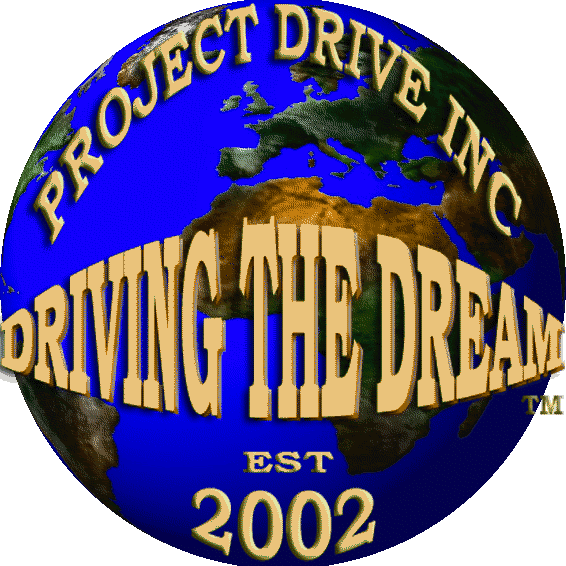HISTORICAL BACKGROUND:
1. Historical Background
The transatlantic slave trade, also known as the Atlantic slave trade, played a significant role in the global economic development of European colonial powers from the 16th to the 19th centuries. This period marked the forced removal and enslavement of an estimated 12 to 15 million African individuals, primarily from West Africa. The operation involved European traders and some African collaborators, who facilitated the capture and subsequent transportation of these individuals to the Americas.
The enslavement process often included raiding and warfare against villages to capture young and healthy individuals. These captives were then marched to coastal forts, many of which were European-constructed and controlled, where they awaited transport across the Atlantic. The collaboration between European traders and African collaborators was crucial in perpetuating this system, which had profound demographic and economic repercussions for the African continent.
2. The Journey and Conditions
The Middle Passage is the term used to describe the harrowing voyage across the Atlantic Ocean. Conditions on these voyages were extremely harsh, with captives confined to cramped quarters with little regard for their well-being. The mortality rate was high, with an estimated 15% of the captives dying from disease, malnutrition, and mistreatment. Those who survived endured significant trauma and lasting physical and emotional scars.
3. Impact on African Societies
The slave trade had devastating effects on African societies. The demographic loss of millions, especially among the young and able-bodied, hindered population growth and disrupted social structures. While a minority in Africa may have gained wealth and European goods through participation in the trade, the overall impact on local economies and societal cohesion was overwhelmingly negative, often leading to increased warfare and destabilization.
4. Slavery in the Americas
In the Americas, enslaved Africans were forced into labor in plantations, mines, and households across various colonies. Their labor was instrumental in the economic development of regions such as the Caribbean, Brazil, and the southern United States. The wealth generated from products like sugar, tobacco, and cotton, cultivated through enslaved labor, significantly contributed to the prosperity of European nations and the foundations of modern capitalism, albeit at the cost of immense suffering and dehumanization.
5. Resistance and Abolition
Enslaved Africans resisted their conditions through various means, from subtle acts of defiance to organized uprisings. The Haitian Revolution is a notable example, leading to the establishment of Haiti as the first black republic in 1804. The 18th and 19th centuries saw the rise of abolitionist movements in Europe and the Americas, which, through the efforts of both former enslaved individuals and allies, eventually led to the gradual abolition of slavery in various regions.
6. Legacy and Reparations
The legacy of slavery continues to impact the descendants of enslaved Africans through systemic inequalities and racial discrimination. The economic and social disparities rooted in the era of slavery and colonization are still evident today. Calls for reparations and formal apologies from benefiting countries and institutions have grown, seeking not only financial compensation but also recognition of past injustices and efforts to address their lingering effects.
7. Conclusion
The transatlantic slave trade's history is a stark reminder of human capacity for cruelty and its long-lasting effects. Acknowledging and educating about this history is vital for understanding current racial inequalities and working towards a more just society. The ongoing discussions around reparations and recognition are critical steps toward healing and reconciliation. Commitment and action from all sectors of society are required to ensure that such injustices are never repeated, as we strive for a future based on justice, equality, and mutual respect.

Unauthorized use or reproduction of any content, including but not limited to text, images, and logos, is strictly prohibited without prior written permission from Project Drive Inc. Project Drive Inc. is a registered 501(c)(3) non-profit organization.

